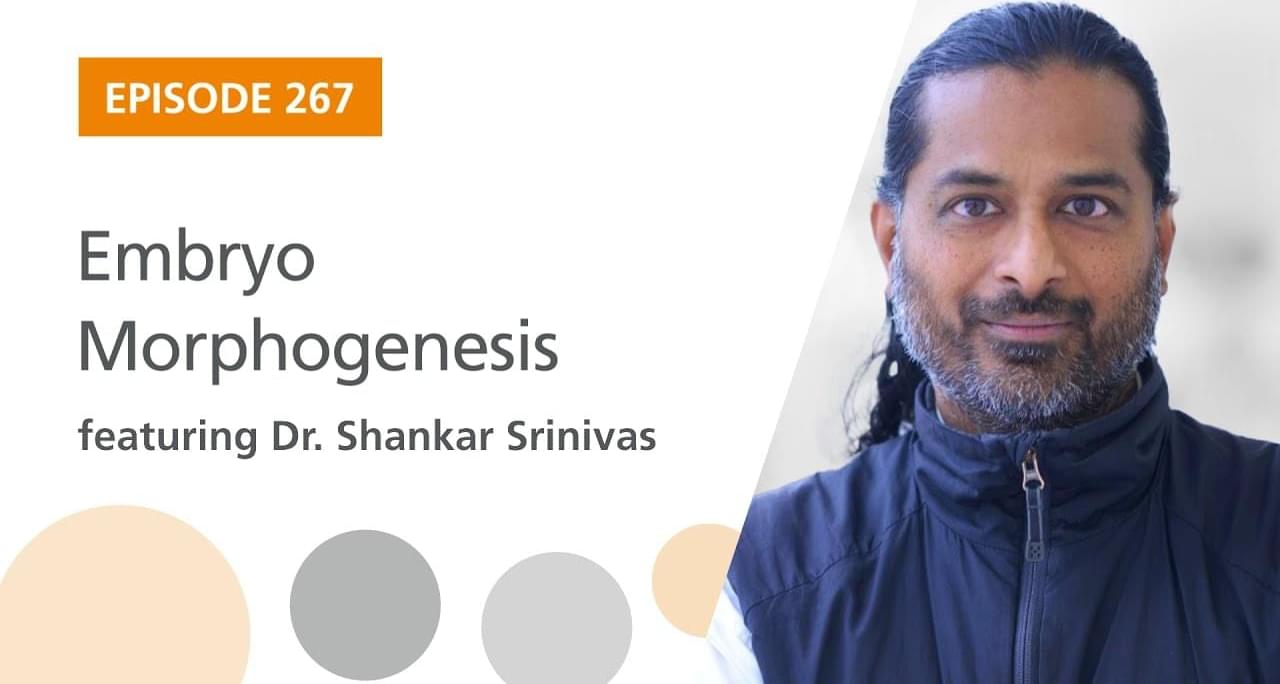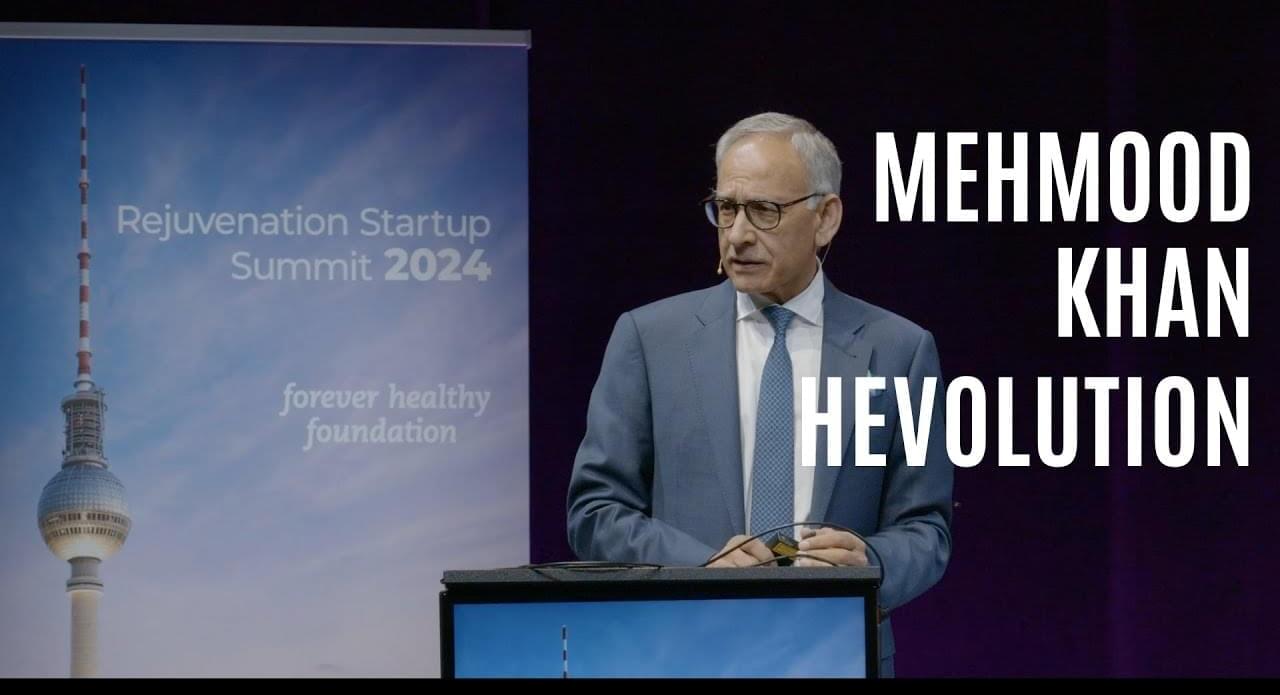May 18, 2024
How ‘mind-uploading’ stands to shake the core of humanity
Posted by Paul Battista in category: life extension
We’re closer than ever to being able to upload our minds and become “digitally immortal.” But should we?
We’re closer than ever to being able to upload our minds and become “digitally immortal.” But should we?
A molecular biologist at the USC Dornsife College of Letters, Arts and Sciences may have found a new “rule of biology.”

In episode 267 of the Stem Cell Podcast, we chat with Dr. Shankar Srinivas, a Professor of Developmental Biology in the Department of Physiology Anatomy and Genetics based in the Institute for Developmental and Regenerative Medicine at the University of Oxford. He is also a Zeitlyn Fellow and Tutor in Medicine at Jesus College. Using mouse and human embryos as model systems, his group looks at the control of patterning and morphogenesis during the establishment of the anterior-posterior axis, gastrulation, and early cardiogenesis. He discusses how tissues respond to forces during early development, characterizing cardiac progenitors, and training internationally.
Roundup Papers:
2:26 https://bit.ly/3yeD3ms.
7:14 https://bit.ly/4dKJ7nd.
19:06 https://go.nature.com/3V2SNSo.
27:10 https://go.nature.com/4dnC43H
Longevity businessman Peter Diamandis said he prioritized his body composition over everything else last year.

Join us on Patreon! https://www.patreon.com/MichaelLustgartenPhDDiscount Links: Epigenetic, Telomere Testing: https://trudiagnostic.com/?irclickid=U-s3Ii2r7x…
Some cancers exploit the protective role of telomeres. New work measuring telomeres offers accurate cancer diagnosis and shows promise for personalised cancer treatment.
As people age, their brains do, too. But if a brain ages prematurely, there is potential for age-related diseases such as mild cognitive impairment, dementia, or Parkinson’s disease. If “brain age” could be easily calculated, then premature brain aging could be addressed before serious health problems occur.
Researchers from Drexel University’s Creativity Research Lab have developed an artificial intelligence technique that can effectively estimate an individual’s brain age based on electroencephalogram (EEG) brain scans. The technology could help to make early, regular screening for degenerative brain diseases more accessible. The work is published in the journal Frontiers in Neuroergonomics.
Led by John Kounios, Ph.D., professor in Drexel’s College of Arts and Sciences and Creativity Research Lab director, the research team used a type of artificial intelligence called machine learning to estimate an individual’s brain age similar to the way one might guess another person’s age based on their physical appearance.
A new study has unveiled a surprising revelation: Women may need only half the amount of exercise as men to achieve similar benefits in terms of longevity. This groundbreaking research challenges conventional wisdom and underscores the importance of personalized approaches to physical fitness based on gender differences.
As the world grapples with rising concerns over sedentary lifestyles and their impact on health outcomes, these findings offer invaluable insights into optimizing exercise regimens for women.
The study also revealed that women who engage in regular physical activity may significantly extend their life spans. The findings, published in the Journal of the American College of Cardiology, shed light on the vital role of exercise in promoting longevity among women.

Join us on Patreon! https://www.patreon.com/MichaelLustgartenPhDDiscount Links: Epigenetic, Telomere Testing: https://trudiagnostic.com/?irclickid=U-s3Ii2r7x…

Mehmood Khaan opening the Rejuvenation Startup Summit with an outstanding speech on the state of longevity and the groundbreaking work that Hevolution is doing in funding scientists around the globe.
With the Rejuvenation Startup Summit in Berlin the Forever Healthy Foundation produced a great platform for founders and investors to meet and learn from and about eachother.
